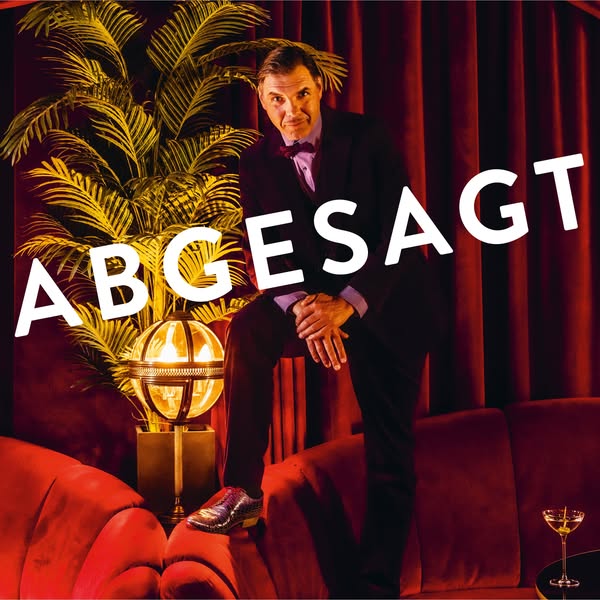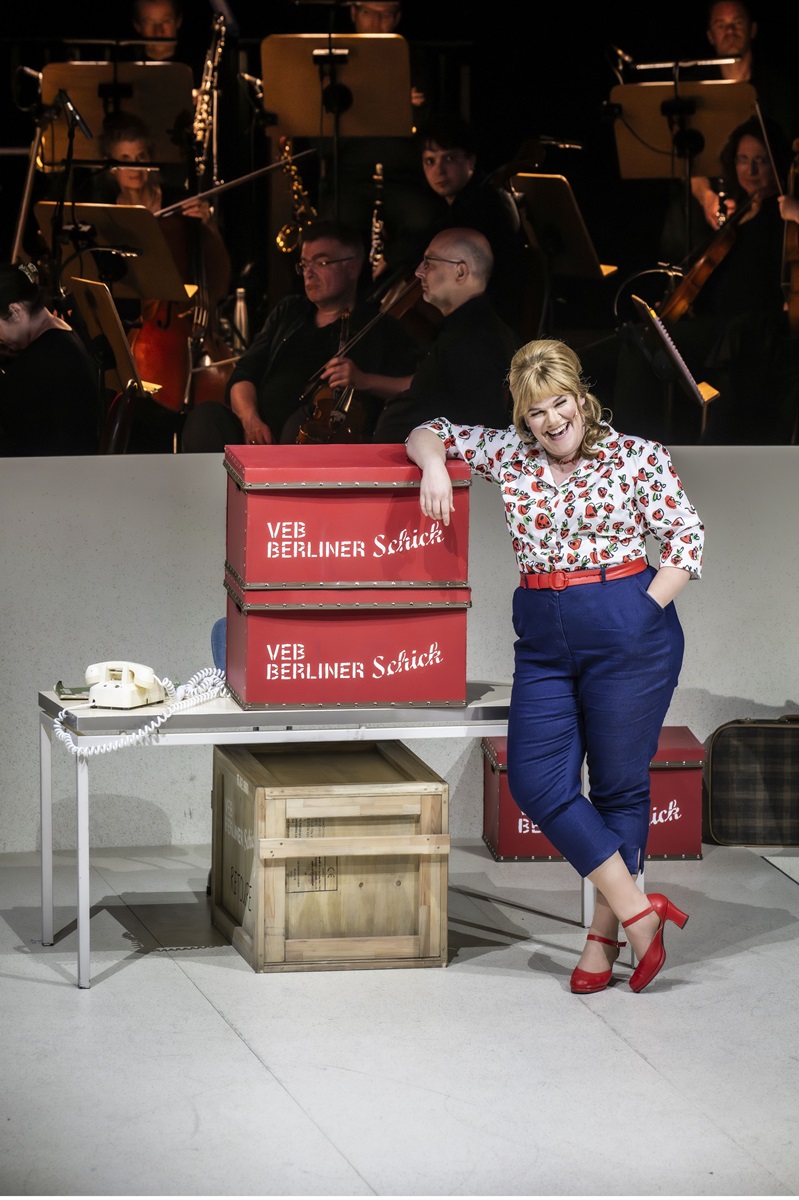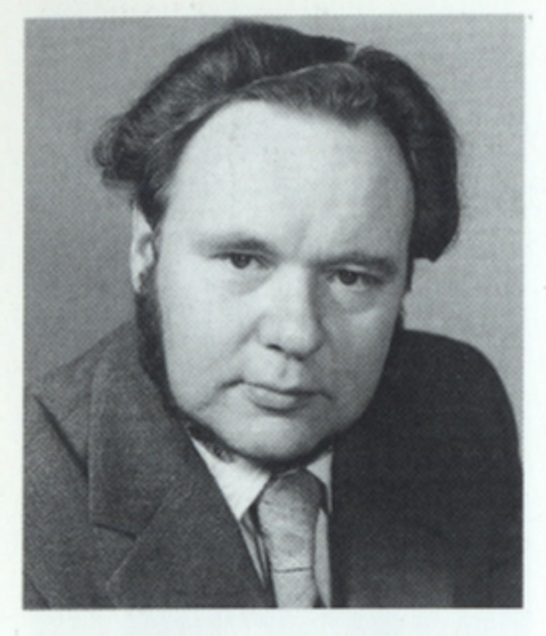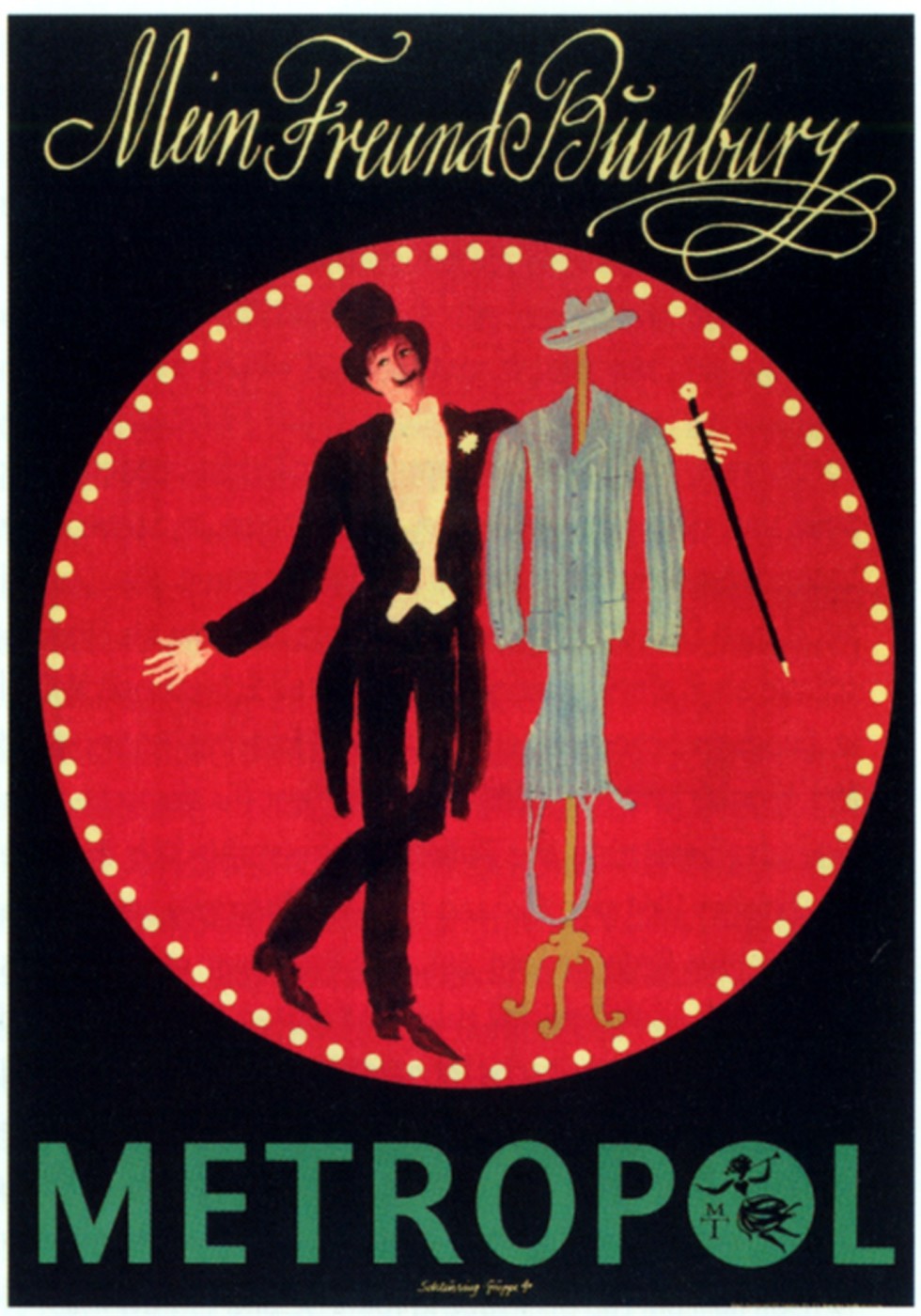Kevin Clarke
Operetta Research Center
15 January, 2025
It came as something of a shock without any pre-warning: At the beginning of the new year the Komische Oper Berlin sent out a press release stating that their upcoming production of Gerd Natschinski’s Mein Freund Bunbury was cancelled due to ‘severe budget cuts’ imposed by the Berlin senate.

Max Hopp was supposed to direct “Mein Freund Bunbury” which was “abgesagt” = cancelled. (Photo: Facebook / Komische Oper Berlin)
Due to these cuts there was no money available to put up a tent in front of the Rotes Rathaus, Berlin’s city hall on Alexander Platz where last year Natschinski’s Messeschlager Gisela had been a summer hit that was supposed to be repeated with Bunbury (and a revival of Gisela in the summer of 2026).
What is particularly tragic about this is that the operetta revival series Barrie Kosky started with Ball im Savoy in 2013 was a central element of Komische Oper’s artistic profile. The rediscovered works by Jewish authors that were presented each season were at the core of how the company re-established itself worldwide. Successfully.
Once Mr. Kosky left as artistic director, he announced that he wouldn’t be doing any further operettas, but only Broadway musicals (which are – admittedly – a safer bet and easier job to pull off). Looking for new artistic paths to trod, the new directors Susanne Moser and Philip Bröking decided to offer forgotten DDR operettas instead, as their own Markenzeichen.

Gisa Flake as Gisela in “Messeschlager Gisela”. (Photo: Jan Windszus Photography)
The production of Messeschlager Gisela by Axel Ranisch (conducted by Adam Benzwi) did not make the international headlines that the Kosky stagings of Paul Ábrahám or Oscar Straus made, or the Geschwister Pfister series of operettas (Clivia, Roxy und ihr Wunderteam), but there was nonetheless a broader discussion on this ‘socialist’ repertoire (read more about it here) and the question of whether it’s worth reviving of not. The audience in Berlin seemed to say: yes. Because extra performances had to be scheduled to meet the high demand for tickets.
Natschinski was – and is – the most famous of all DDR operetta composers, and his adaptation of Oscar Wilde’s The Importance of Being Earnest as Bunbury (1964) was, by far, the most successful original operetta written in DDR times.

Composer Gerd Natschinski. (Photo: William Pauli)
To just cancel that Bunbury without any further discussion and without publicly debating alternatives (such as a concert version at the Schillertheater or elsewhere), without even attempting to find the missing money via a crowdfunding campaign (something the Deutsche Oper Berlin did for the children’s opera project), but instead moving forward with the less-noteworthy (and less ‘special’) rest of the season, including the Schall & Rausch festival in February (which is more than questionable with regard to its artistic merits) says a lot about the importance Susanne Moser and Philip Bröking give to operetta as part of their planning.

Poster for “Mein Freund Bunbury” at the Metropol Theater in East-Berlin, 1973.
Their lack of interest in ‘operetta’ has been quite evident recently in the new Christmas concert performances of Offenbach operettas, which are nowhere near as ground breaking (or good) as this format was in Kosky’s time with rare Kálmán and Ábrahám being brought back to life (Arizona Lady, Märchen im Grand Hotel, Dschainah etc.)

The tutti d*amore team. (Photo: Nicola Fegg / tutti d*amore)
So, in a way this is the final blow that puts an end to the once celebrated operetta specialization of Komische Oper in the years after 2013. Things move on. The Deutsche Oper Berlin is offering tutti d*amore a new home to stage Oscar Straus’ Lustige Nibelungen as Ab in den Ring!, a rare Paul Lincke operetta called Prinzess Rosine is coming to Theater im Palais in Berlin, while the big Offenbach spectacles that cause headlines are currently playing in Regensburg. Theater an der Wien managed to bring their new Spitzentuch der Königin to TV as part of the Johann Strauss Year 2025. And Berlin’s Komische Oper … puts on a new Hänsel und Gretel and revives its La Bohème (without the former superstar cast). Business as usual, instead of innovation. And without Mr. Kosky’s daredevil approach to musical theater.
Perhaps the cuts in public funding only made evident what has been happening at Komische Oper ever since Mr. Kosky’s departure. Or is that too harsh an assessment?
